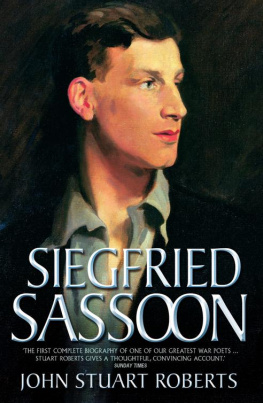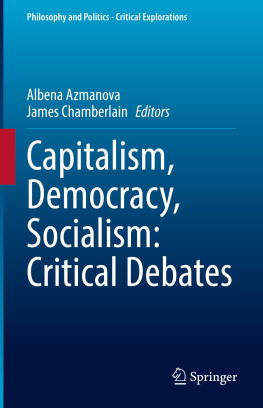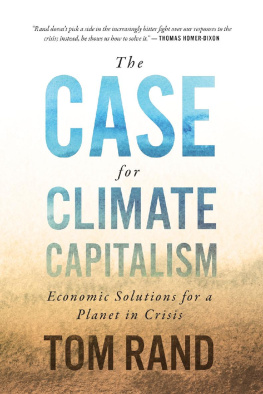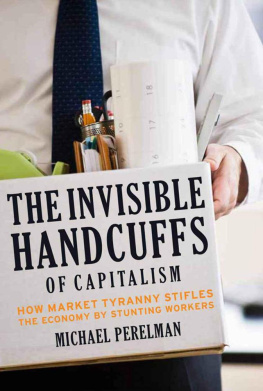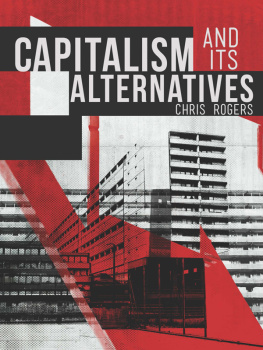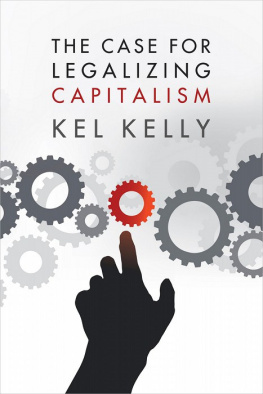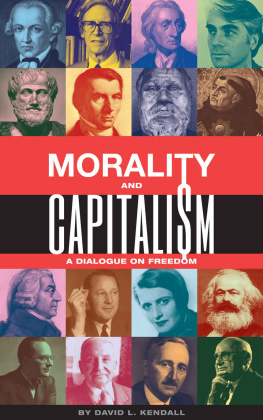What people are saying about
Capitalism on Campus
Making unique links between higher education and commercial sex, this book pushes the boundaries of both economic thinking and the politicisation of our universities. A much needed critique of what has become of our universities, which lays bare the bleak scenario for students. Engaging commentary is backed up by detailed reflections on the empirical knowledge we have on student sex work. This is essential reading for those concerned with economics, politics and student life as we enter new territory in both education and the sex industry.
Professor Teela Sanders, University of Leicester
Roberts text provides an accessible expose of the impact that market relations have upon British Universities and their students and makes a significant contribution to the body of work concerned with students involvement in the commercial sex industry. Highly recommended.
Dr Billie Lister, University of Hull
First published by Zero Books, 2018
Zero Books is an imprint of John Hunt Publishing Ltd., No. 3 East St., Alresford,
Hampshire SO24 9EE, UK
www.johnhuntpublishing.com
www.zero-books.net
For distributor details and how to order please visit the Ordering section on our website.
Text copyright: Ron Roberts 2017
ISBN: 978 1 78535 800 5
978 1 78535 801 2 (ebook)
Library of Congress Control Number: 2017957744
All rights reserved. Except for brief quotations in critical articles or reviews, no part of this book may be reproduced in any manner without prior written permission from the publishers.
The rights of Ron Roberts as author have been asserted in accordance with the Copyright, Designs and Patents Act 1988.
A CIP catalogue record for this book is available from the British Library.
Design: Stuart Davies
Printed and bound by CPI Group (UK) Ltd, Croydon, CR0 4YY, UK
We operate a distinctive and ethical publishing philosophy in all areas of our business, from our global network of authors to production and worldwide distribution.
Contents
For Merry, Subira and Wandia with love.
Writing is about keeping a record and producing a kind of register of life
Les Back
There is hope outside this manifestation of the world that we know
Franz Kafka
Preface
In the opening scenes of Mike Nichols acclaimed film The Graduate, a young Dustin Hoffman in the eponymous title role utters the immortal line, Im worried about my future. Several decades on, the graduates and would-be graduates of the world have been given no grounds for allaying their anxieties as they step uneasily into the future. The structures, forms and functions of higher education since Benjamin Braddock left his college books behind, to be bedazzled and confused by the sexual initiation proffered by Ann Bancrofts Mrs Robinson, have changed beyond recognition, as has the relationship between higher education and the sexual adventures and misadventures of students.
Differences between the US and the UK systems have narrowed in recent years. Mass participation was a feature of US higher education long before this became the favoured option in the UK, with private enterprise the foundation on which it was built. In the US, 63 per cent of higher education institutions are in the private sector; After spending a good deal of the past 20 years undertaking research into students mental health and their participation in sex work, all within the new financialised world of higher education, the pages which follow are a concerted attempt to address the nature of the relationship and of the taboo surrounding it. It is a document for our times even as the hours and minutes devour our collective memories and the present disappears quicker than ever.
This imbroglio of higher education and the sex industry can further be linked to the psychologisation of everyday life. This prime role for psychology in the exploitation of our individual and collective moods and wants was the subject of an earlier book (Roberts, 2015). There I sketched out the principal areas in which this forced marriage of convenience between the behavioural sciences and high finance has been enacted, alongside a potted history of scientific psychologys dash for cash. But the full story of this is far from told and if we wish to truly appreciate how the fabric of our private lives is now the principal means for fuelling the capitalist juggernaut, an examination of the calamitous state of tertiary education in corners of the Western world (notably the UK and the US) is necessary. It provides a fitting illustration of how large sections of the economy are currently predicated on exploiting and extracting wealth from the population in exchange for corporate construed happiness the inner light of universal benevolence as Huxley (1994, p.70) envisioned it in Brave New World. Emotional labour, the manipulation of moods and desires is now central to the global economy. It has gone well beyond the meat market which Laurie Penny (2011) deftly examined.
Beyond documenting and analysing higher educations journey into market hands and the sexual sell-off of students, which is co-dependent on it, this book raises critical questions about the relationships past, present and future between education, learning, intellectual freedom and the cultivation of resistance to capitalism. The post-war fairy tale of education as a path to liberation is over. This does not mean that its emancipatory potential has been exhausted, transported to some pedagogical twilight zone, but with capitalism surviving in what some mainstream economists see as its final phase, it is imperative that we reimagine it and prepare for a life beyond it. Teaching and research have always played a role in reproducing, in each generation, the core tenets of capitalist realism but that is by no means the whole story. At their best both create alternative and unforeseen visions of how the world is and can be. This power has been the main reason why business and government have sought to tame it and turn science and art into the distorted alienated practices for which they are too often mistaken.
Education has always had an ambiguous relationship with liberation movements, described by Back (2016, p.81) as providing the tools of freedom and opportunity organised in ways that make them also sources of indignity. So, education is simultaneously desired and decried deemed a necessary rite of passage to a better and more informed life but also perceived as a luxury for the privileged, as something distrusted and at odds with everyday working-class life. Witness, for example, the disparaging language of ivory towers, of the term academic used to mean being of no practical importance and nerd as a term of abuse. One can trace this tension to the Cartesian split between intellectual and physical labour embodied in the division between the owners of capital and the power of the human labourers on which it is dependent. The bodies of students, employed for the sale of sexual services with the money accrued used to pay for their education, are a contemporary expression of the same problem. The body sacrificed to feed the life of the mind. It is time that this fractured relationship between the physical and mental sides of life was ended but in the ongoing war with capital, that victory is not yet in sight. The present book is a dispatch from the front lines of one of the ongoing battles one that is drawing in increasing numbers of people, their families and friends. I hope readers find it enlightening and useful.





